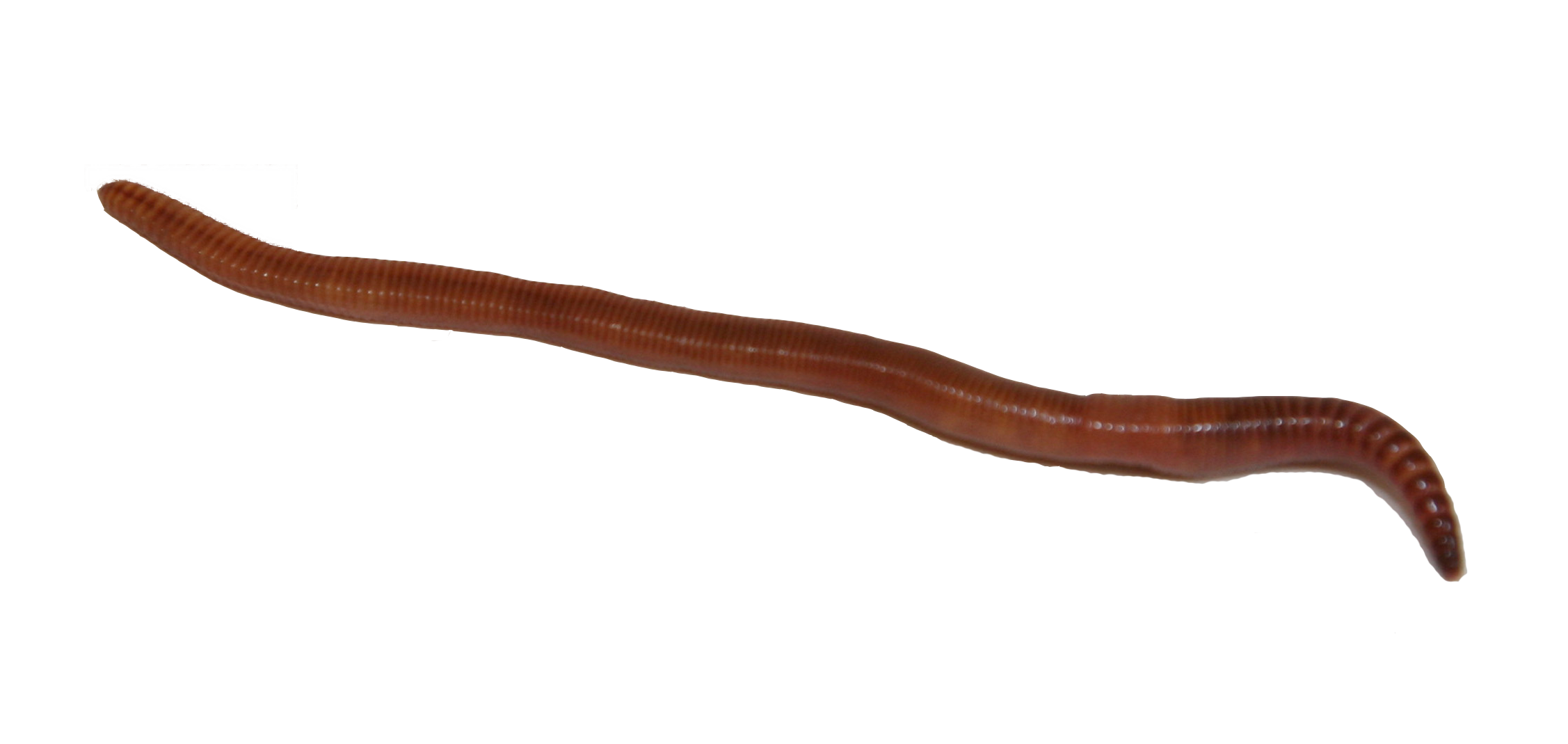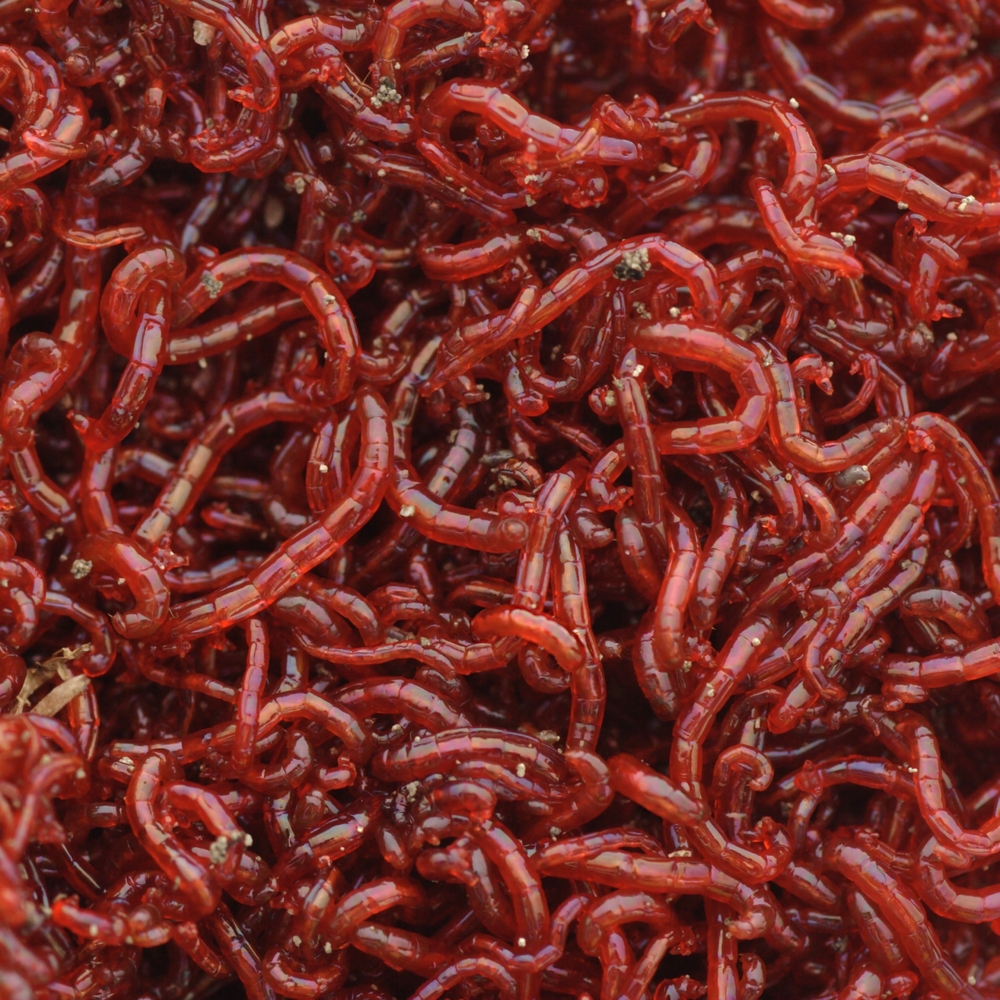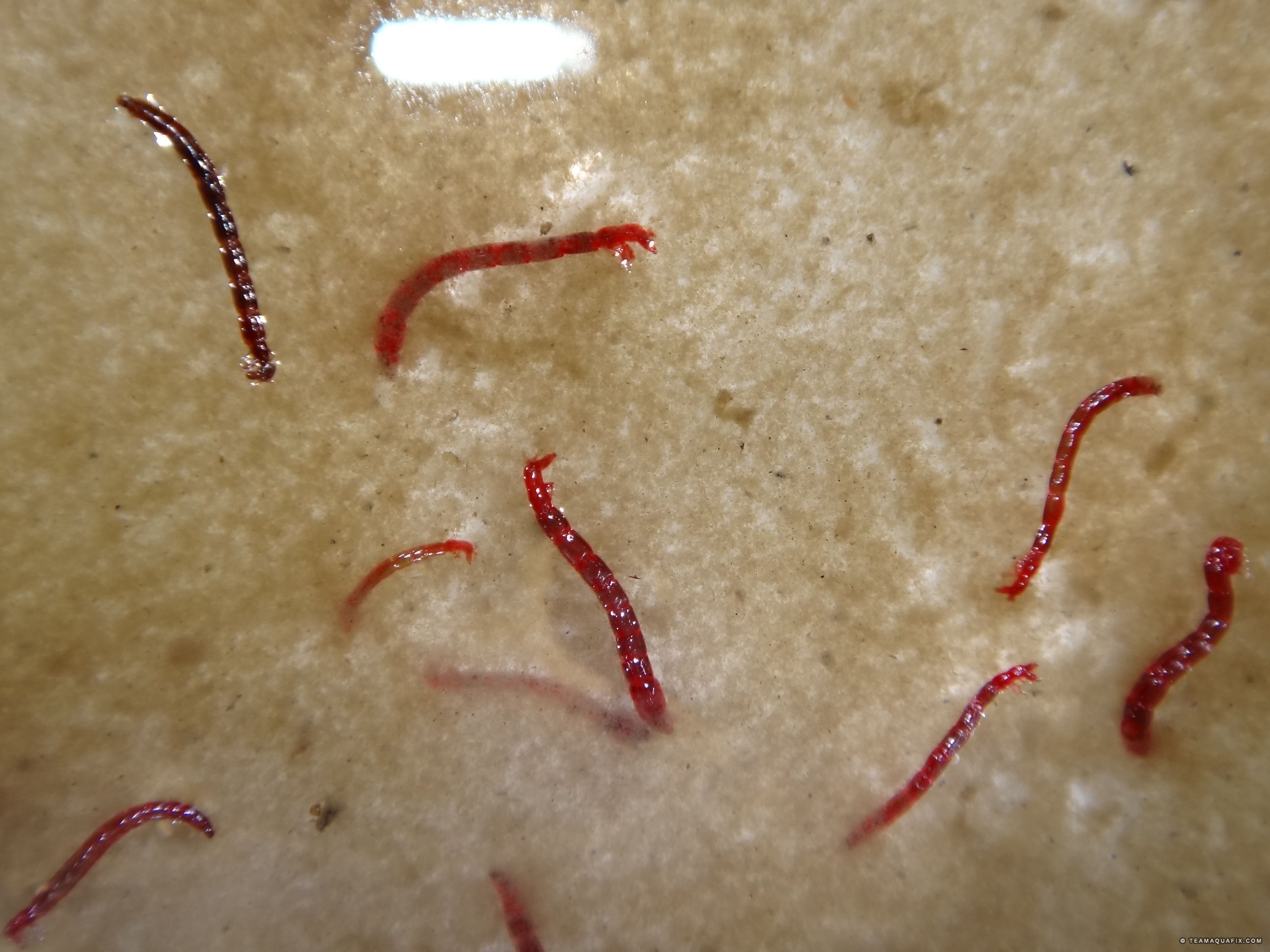Red wigglers: Improve waste management
Red wigglers: Improve waste management
Blog Article
Why Red Wigglers Are Necessary for Chemical-free Farming
Red wigglers play a crucial duty in organic farming, mainly with their special capability to break down natural products and enhance soil health. Their task not only improves the soil with important nutrients but also promotes a thriving community crucial for sustainable farming. The physical procedures they involve in, such as oygenation and dampness retention, contribute substantially to enhanced crop yields. The degree of their impact on agricultural techniques and soil biology increases appealing questions concerning the future of organic farming. red wigglers. What effects might this have for farming methods?
Function of Red Wigglers in Dirt Health

Furthermore, red wigglers improve soil structure by developing networks as they tunnel. These networks improve oygenation and water infiltration, promoting a much healthier root setting. Their activity also helps in maintaining optimum dampness levels, which is essential for healthy plant growth.

Benefits of Worm Spreadings
Worm castings, the nutrient-rich waste matter produced by red wigglers, serve as a powerful modification for chemical-free farming. These spreadings are loaded with important nutrients such as nitrogen, phosphorus, and potassium, which are important for plant growth. Unlike artificial fertilizers, worm castings launch nutrients slowly, giving a constant supply over time and minimizing the danger of nutrient leaching and runoff.
In addition, worm castings boost soil framework and aeration, advertising healthier origin systems. Their high raw material material improves moisture retention, enabling plants to much better withstand dry spell conditions. In addition, worm castings include beneficial microorganisms that support plant wellness by suppressing microorganisms and improving vitamins and mineral uptake.
The application of worm castings can lead to raised plant returns and enhanced quality of fruit and vegetables, making them an invaluable resource for natural farmers. Their usage likewise aligns with sustainable farming practices, adding to soil fertility without the unfavorable environmental effects related to chemical fertilizers. In general, the incorporation of worm spreadings into agricultural practices promotes a much more resistant and effective ecosystem, highlighting the relevance of red wigglers in chemical-free farming systems.

Enhancing Nutrient Cycling
(eisenia fetida for sale)Nutrient biking is an important process in natural farming, and the integration of red wigglers plays a crucial function in boosting this cycle. These earthworms contribute significantly to the failure of raw material, helping with the transformation of intricate natural materials right into easier, extra easily accessible nutrients for plants. As red wigglers eat rotting natural matter, they secrete nutrient-rich spreadings, which are including valuable microorganisms. This microbial task further aids in the decomposition procedure, guaranteeing that essential nutrients are easily offered for plant uptake.
Moreover, red wigglers help to accelerate the mineralization of nutrients, converting them from inert kinds right into bioavailable forms that plants can take in. This procedure is crucial for preserving soil fertility and advertising healthy and balanced plant growth. The existence of red wigglers also motivates a varied soil environment, cultivating an equilibrium of nutrients that sustains numerous plant varieties.
Improving Dirt Structure
The improvement of dirt framework is essential for fostering a healthy agricultural environment, and the task of red wigglers significantly contributes to this enhancement. These earthworms play a crucial function in freshening the soil and creating a network of channels that facilitate water infiltration and origin penetration. As they delve via the dirt, red wigglers damage up compressed layers, permitting for far better oxygen exchange and promoting microbial task.
In addition, the raw material created from their waste, referred to as vermicast, enhances soil gathering. This procedure produces steady clumps of soil fragments, boosting dirt porosity and minimizing disintegration (red wigglers). The presence of red wigglers also motivates the development of helpful fungal networks, which are vital for nutrient uptake by plants
Supporting Lasting Practices
Integrating red wigglers right into chemical-free farming methods not only improves soil health and wellness however likewise advertises lasting agricultural methods. These earthworms play a vital role in nutrition biking, changing natural waste into beneficial compost that enhances the dirt. By making use of red wigglers, farmers can effectively decrease reliance on synthetic fertilizers, click to read more thereby minimizing chemical overflow and its harmful impacts on communities.
Additionally, the consolidation of red wigglers motivates the technique of recycling natural products, such as kitchen scraps and ranch waste. This waste decrease technique not only lowers disposal prices however also promotes a closed-loop system where nutrients are constantly gone back to the dirt (red wigglers). Such techniques are essential in alleviating climate adjustment, as they improve carbon sequestration and decrease greenhouse gas exhausts
Additionally, red wigglers improve water retention in the dirt, which is essential in times of drought. Their burrowing tasks develop channels that allow water to penetrate deeper right into the ground, therefore promoting effective water usage. Ultimately, incorporating red wigglers into natural farming not just sustains biodiversity yet also lines up with the concepts of lasting agriculture, offering an all natural approach to food manufacturing.
Final Thought
In verdict, red wigglers play a critical role in natural farming by substantially boosting soil wellness and fertility. Therefore, the assimilation of red wigglers right into farming techniques is vital for promoting sustainability and improving general soil high quality.
Report this page